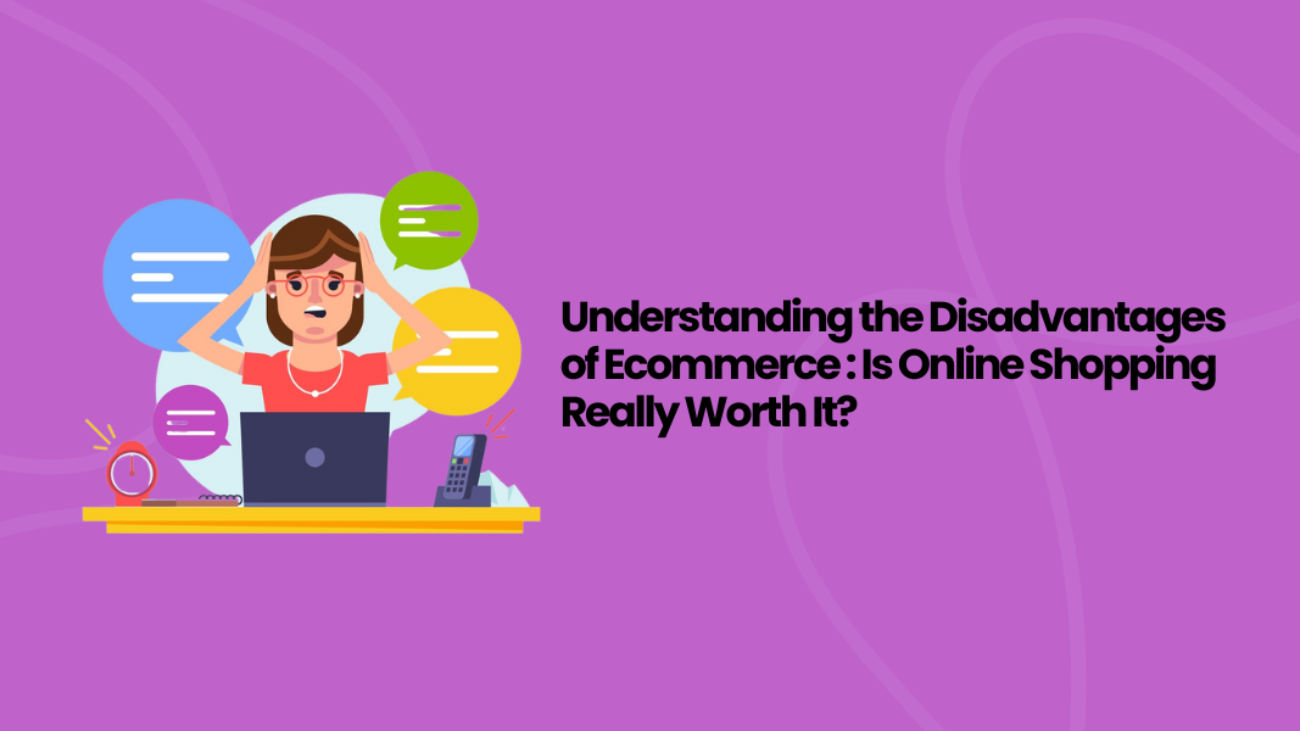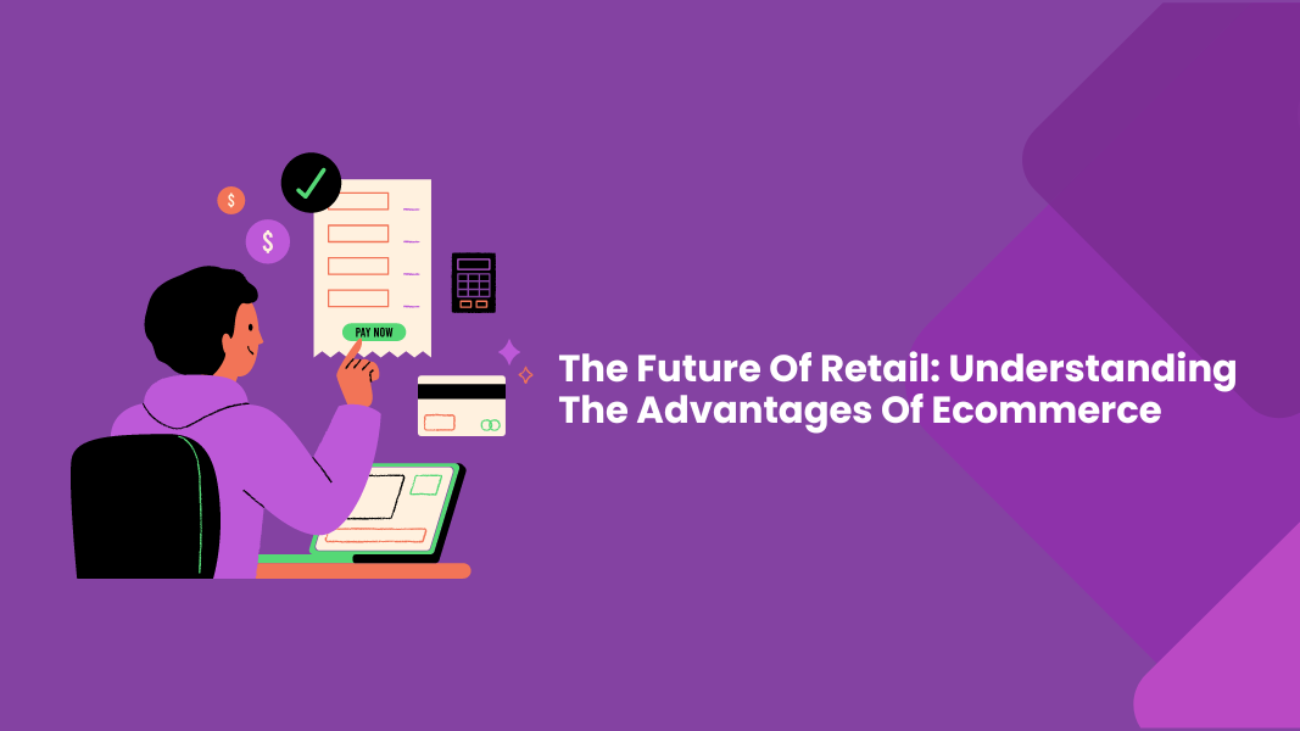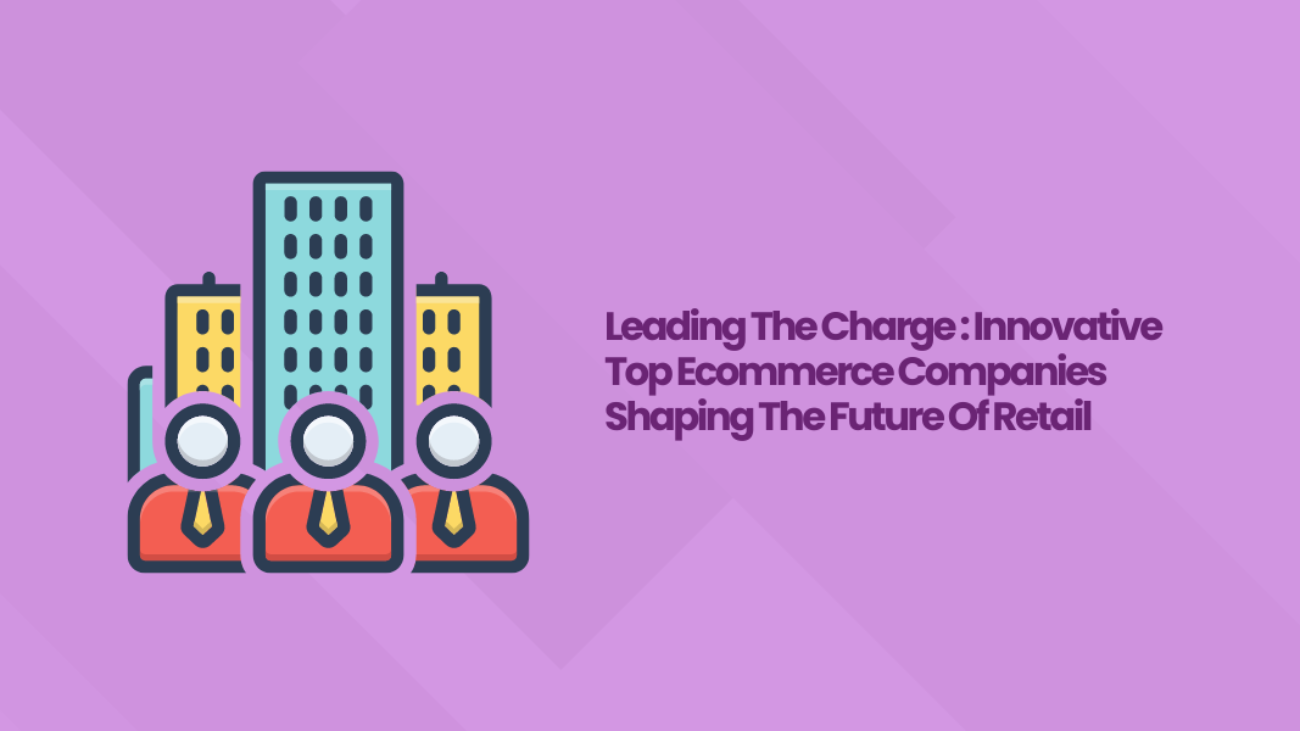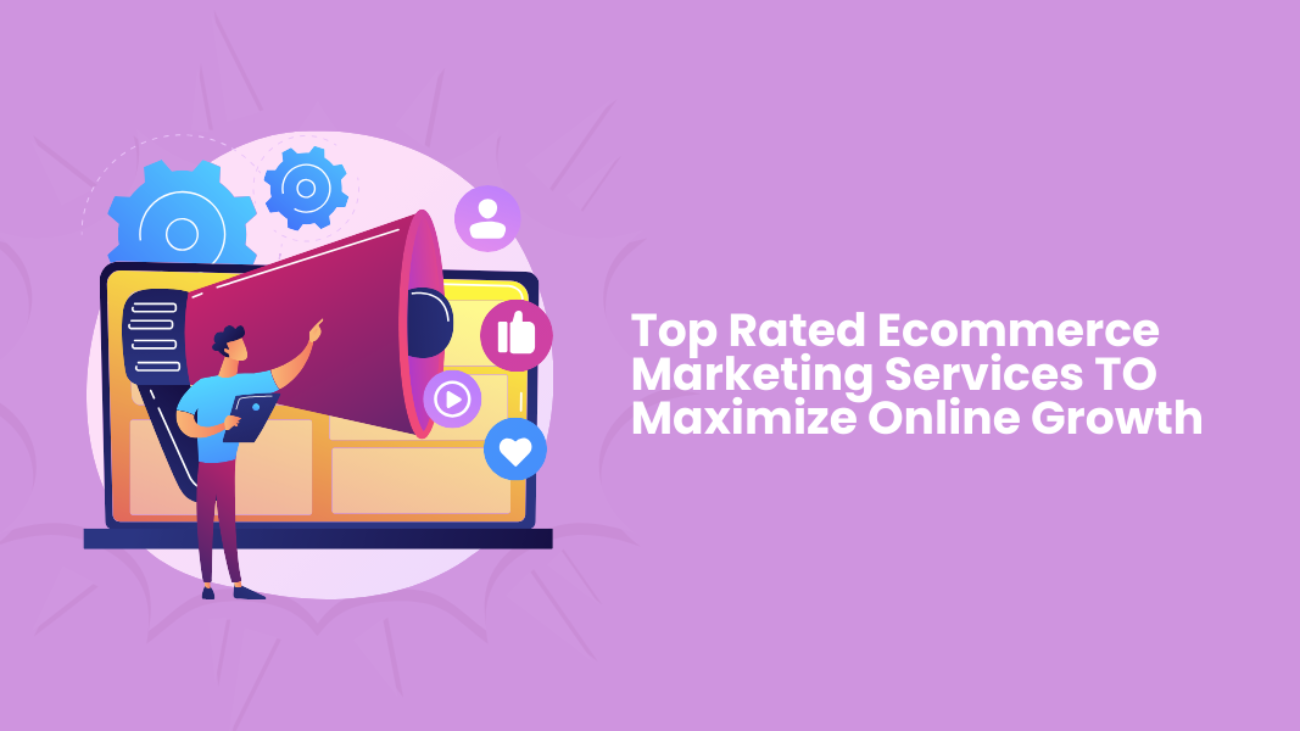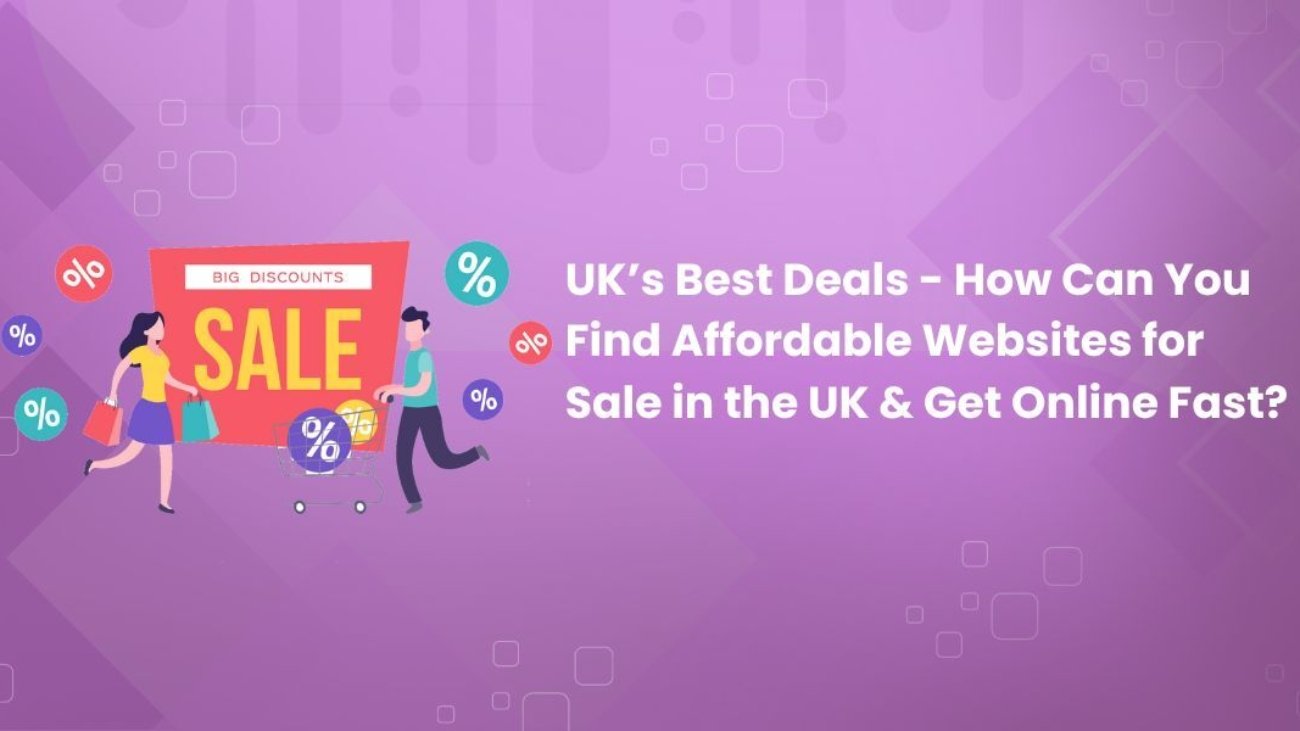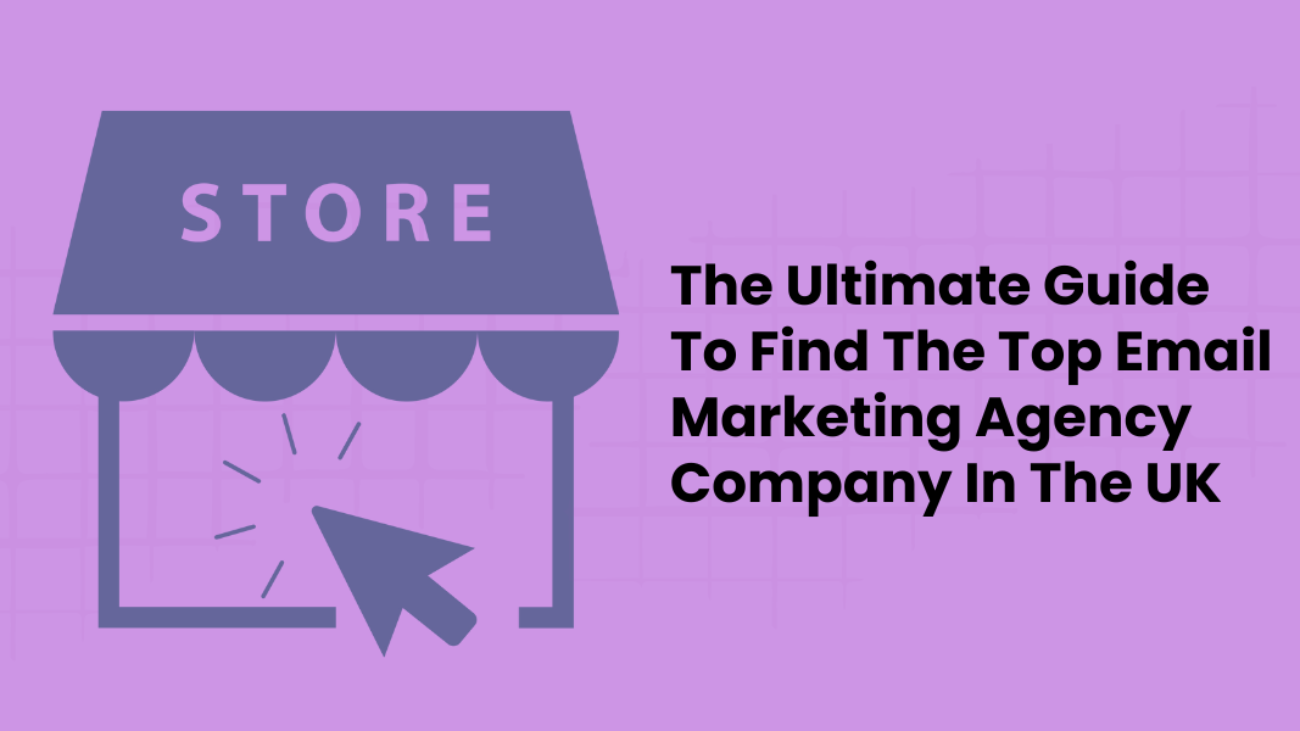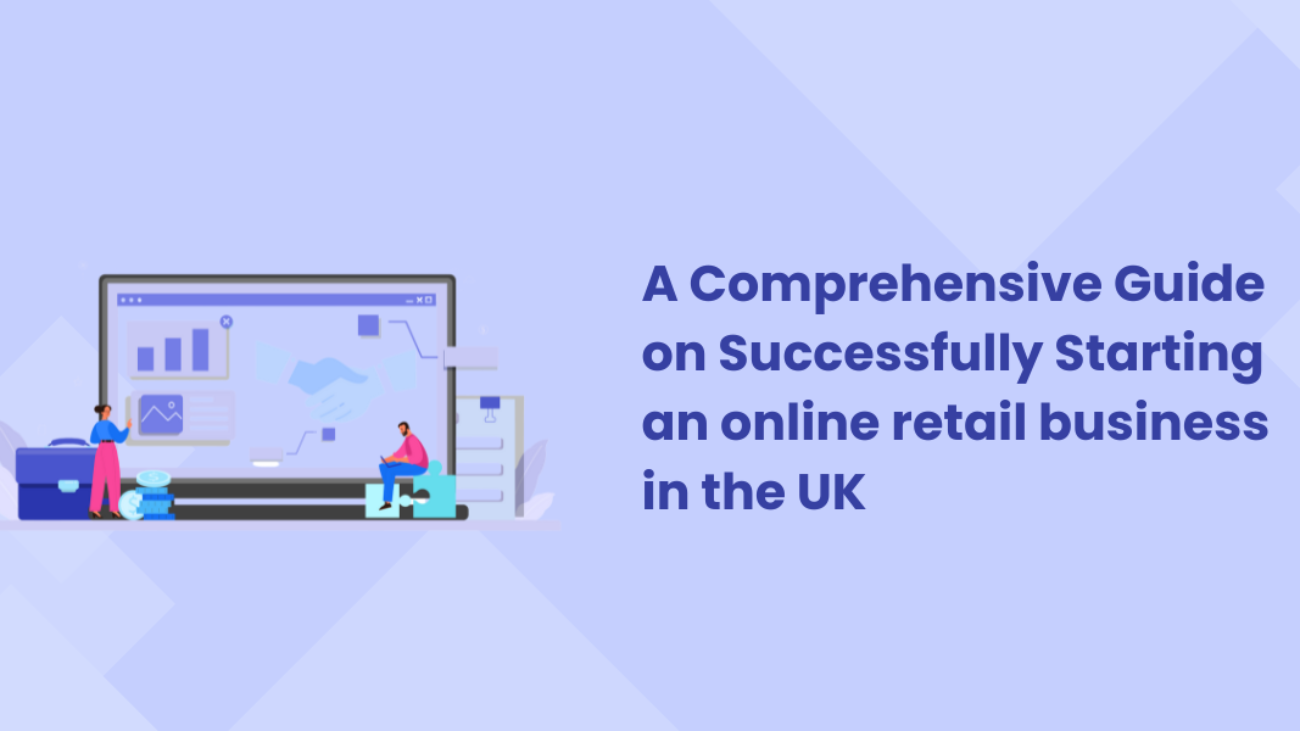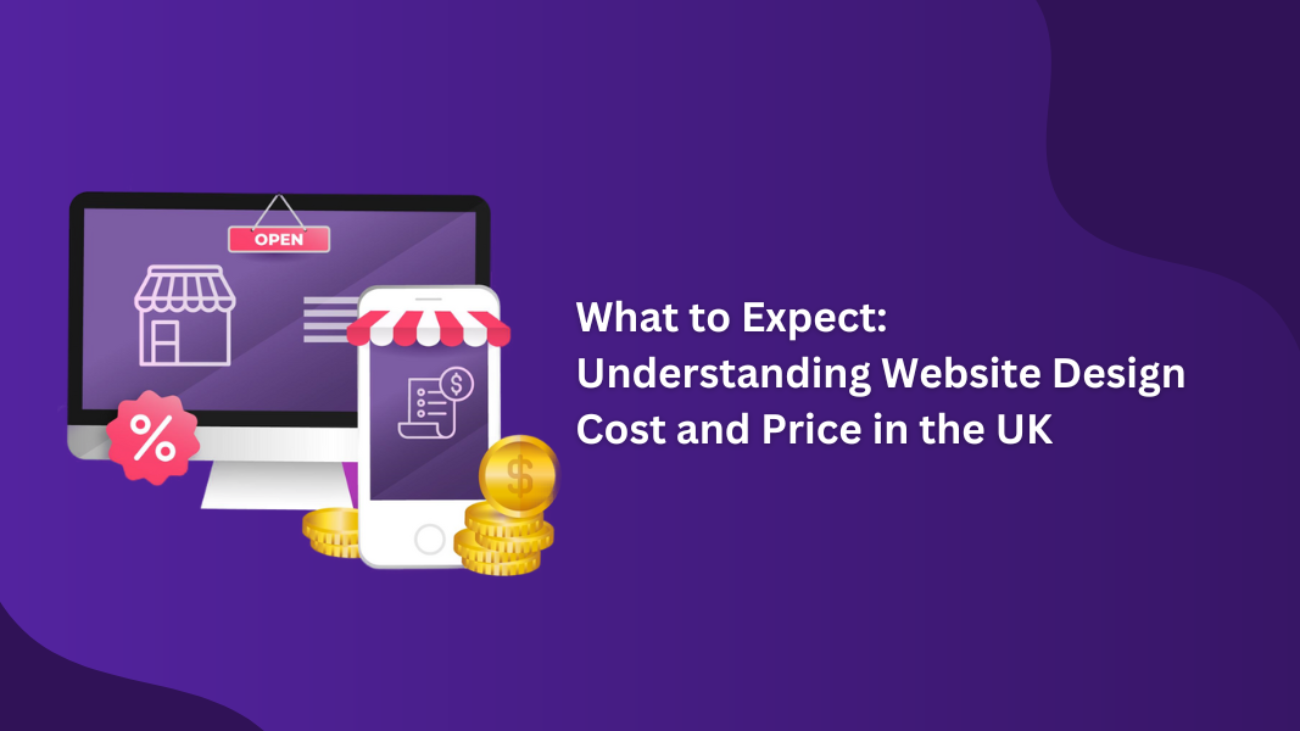In today’s competitive online marketplace, expanding your reach is vital for success. Regardless of whether you’re a small startup or a large corporation, your capacity to engage with potential customers can determine the outcome of your ecommerce efforts.
This is where ecommerce marketing solutions become essential. These services are tailored to boost your online visibility, increase traffic, and ultimately, drive sales.
In this blog, we’ll delve into the top ecommerce marketing services that can help you elevate your sales and expand your business.
Search Engine Optimization (SEO)
Search Engine Optimization, or SEO, is fundamental to the success of any ecommerce marketing strategy. SEO focuses on improving your website’s ranking on search engines like Google, Bing, and Yahoo, increasing the likelihood of attracting organic traffic—key to driving sales.
The Importance of SEO for Ecommerce
- Enhanced Visibility: A higher ranking on search engine results pages (SERPs) increases the chances that potential customers will find your website.
- Cost-Effective Marketing: Unlike paid campaigns, SEO attracts organic traffic, so you don’t need to pay for every click.
- Sustained Results: Once your website is optimised, it can continue to generate traffic and sales over the long term.
Essential SEO Techniques
- Keyword Optimization: Research and target the keywords your customers use to search for your products.
- High-Quality Content: Create content that provides value by addressing customer questions and solving their problems.
- Technical SEO: Ensure your site is technically robust, with fast load times, mobile responsiveness, and secure HTTPS encryption.
By integrating SEO into your ecommerce marketing efforts, you can significantly increase your site’s visibility, draw more qualified traffic, and boost your sales.
Pay-Per-Click Advertising (PPC)
While SEO targets organic traffic, Pay-Per-Click (PPC) advertising focuses on paid traffic. PPC allows you to place ads on search engines, social media, and other platforms, paying only when someone clicks on your ad, making it a highly effective marketing strategy.
Why PPC is Vital for Ecommerce
- Immediate Impact: PPC can drive traffic to your site almost immediately, unlike SEO, which takes time.
- Targeted Campaigns: PPC lets you target specific demographics, locations, and even times, ensuring your ads reach the right audience.
- Flexible Budgeting: PPC gives you control over your budget, allowing you to adjust spending based on campaign performance.
Popular PPC Platforms
- Google Ads: The leading PPC platform, enabling ads on Google and its extensive partner network.
- Facebook Ads: Reach over 2.8 billion active users with precise targeting options on Facebook.
- Amazon Advertising: Promote your products directly on Amazon, the world’s largest ecommerce platform.
Incorporating PPC into your ecommerce marketing strategy can drive targeted traffic, increase conversions, and ultimately boost your sales.
Social Media Marketing
Social media platforms like Facebook, Instagram, Twitter, and Pinterest are essential for ecommerce businesses aiming to broaden their reach. Social media marketing involves sharing content on these platforms to engage your audience, raise brand awareness, and drive website traffic.
Benefits of Social Media Marketing
- Brand Exposure: Social media is a powerful tool for getting your brand in front of a large audience.
- Customer Interaction: Engage directly with customers, answer their questions, and build relationships through social media.
- Content Amplification: When followers share your content, it can go viral, dramatically increasing your reach.
Effective Social Media Tactics
- Content Strategy: Share a diverse range of content, including product updates, behind-the-scenes insights, and customer testimonials.
- Influencer Collaborations: Partner with influencers in your niche to promote your products.
- Social Media Ads: Utilise paid advertising on platforms like Facebook and Instagram to reach a broader audience and drive traffic.
By leveraging social media in your ecommerce marketing, you can connect with your audience, build loyalty, and increase sales.
Email Marketing
Email marketing is a highly effective and cost-efficient way to engage your customers and boost sales. By sending targeted emails to subscribers, you can promote products, share updates, and offer special deals.
The Effectiveness of Email Marketing
- Direct Engagement: Email allows for personalised communication with customers, delivering content directly to their inboxes.
- High ROI: Email marketing boasts one of the highest returns on investment, making it invaluable to your ecommerce strategy.
- Customer Retention: Regular email engagement helps build loyalty and encourages repeat purchases.
Successful Email Strategies
- List Segmentation: Group your email list based on customer behaviour and preferences to send targeted messages.
- Personalization: Tailor emails using customer names and interests for more impactful communication.
- Automation: Use automated campaigns for cart abandonment reminders, post-purchase follow-ups, and promotions.
Including email marketing in your ecommerce strategy can keep customers engaged and drive consistent sales.
Content Marketing
Content marketing involves creating and distributing valuable, relevant content to attract and engage your target audience. This content can be in the form of blogs, videos, infographics, and more.
The Role of Content Marketing in Ecommerce
- Educate Your Audience: Provide valuable information that helps customers make informed purchasing decisions.
- Build Trust: Delivering consistent, high-quality content positions your brand as an authority in your niche.
- SEO Synergy: Content marketing enhances SEO by creating more opportunities to rank for relevant keywords.
Types of Content to Produce
- Blog Articles: Write informative posts that address common customer questions.
- Product Guides: Develop detailed guides that showcase how to use your products.
- Video Content: Create engaging videos that highlight product features or offer tutorials.
Conclusion
Integrating content marketing into your ecommerce strategy helps build a loyal audience, improve SEO, and boost sales. In today’s highly competitive ecommerce landscape, the quality of your product alone is no longer sufficient to ensure success. The digital marketplace is saturated with options, and to stand out, you must go beyond just offering a great product. To truly maximise your reach and boost your sales, it’s imperative to invest in a comprehensive suite of top rated Ecommerce Marketing Services. Each service, from Search Engine Optimization (SEO) and Pay-Per-Click (PPC) advertising to social media marketing, email campaigns, and content marketing, plays a pivotal role in driving traffic to your website, engaging potential customers, and converting visitors into loyal buyers.
SEO serves as the backbone of your online visibility, helping your website rank higher in search engine results, which in turn increases organic traffic—a vital component of sustainable growth. PPC complements this by providing immediate visibility, allowing you to target specific audiences and drive quick results through paid ads. Social media marketing, on the other hand, enables you to engage with your audience on a personal level, build brand loyalty, and expand your reach through shared content and influencer partnerships.
Email marketing is crucial for nurturing relationships with your customers. It offers a direct line of communication, allowing for personalised interactions that can drive repeat business and foster long-term loyalty. Meanwhile, content marketing enriches all these efforts by providing valuable and relevant information that educates your audience, establishes your brand as an authority, and supports your SEO strategy.
By strategically utilising these top-rated ecommerce marketing services, you can create a robust and dynamic online presence that not only reaches a wider audience but also effectively converts that audience into paying customers. Whether you are just starting out or looking to scale your business, these marketing strategies are indispensable tools in achieving long-term success and driving your ecommerce venture to new heights.

